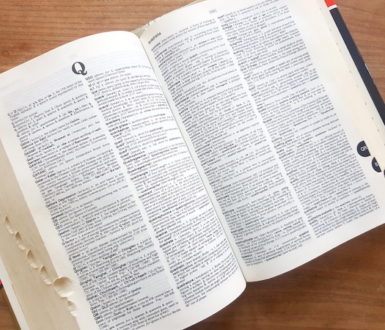
International English vs British English
It is often said that when a group of people of mixed nationalities come together and speak English, the one person they can’t understand is the British person.
‘International English’ is a useful tool of co-operation across the globe. But British English? That’s different.
A good example is a lady I know who is Chinese and speaks English well. Her relative was getting married to a British man and she was asked by the family to translate the English speeches into Chinese. No problem, she said.
However, it became clear that there was a problem. As she made her translation, she realised that although she understood the words, she didn’t understand the meaning. It became particularly difficult when the father of the bridegroom said: “The bride’s family has pulled out all the stops and laid on a spread that is second to none.”
Word for word, that sentence makes no sense at all. No unless you know that:
- pulled out all the stops means ‘made the maximum amount of effort’ (because it refers to playing a musical instrument called an organ – pictured – where pulling all the knobs, called stops, gives the fullest sound)
- laid on a spread means ‘provided a wonderful meal’
- second to none means ‘there is nothing better’
Unfortunately, this kind of word play is more common in British English than in most other languages. In fact, it actually takes effort for me not to include word play in my writing, because it comes so naturally. These popular expressions come from history, popular culture, books, religion and agriculture. Often there is some sort of amusing aspect. This helps make even fairly boring sentences sound more interesting, which is probably why these expressions are so popular.
Image: Philip Bird/Dreamstime



